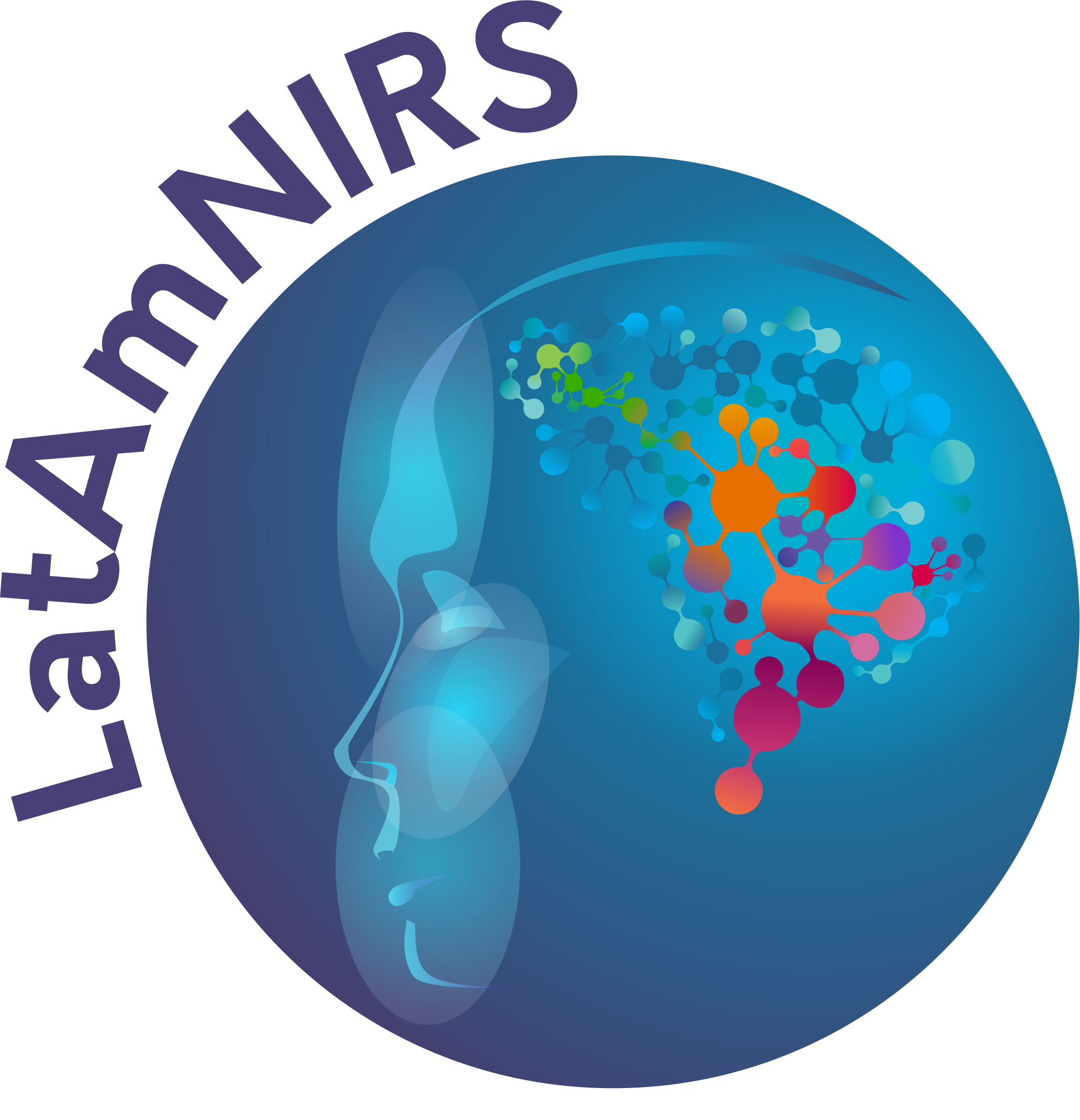Brain Computer Interface
Definition: A brain computer interface (BCI) describes a direct communication pathway between the brain activity and an external device, for instance, a computer, a robot or a prosthesis. It is a neurotechnological input system that conveys machine control independent of speech and movement. Since BCIs work completely without muscle activation, BCIs open up new operating options from which physically handicapped people, among others, can benefit.A communication system comprising hardware and software that allows humans to interact with their environment without using peripheral nerves or muscles. It is a closed loop system that basically includes neural signal pre-processing, feature extraction, machine learning based classification and external control steps.
Alternative definition: BCIs are a subset of brain machine interfaces (BMI). A BMI is a communication system in which messages or commands from the brain are conveyed to the external world
Synonym:
References: https://doi.org/10.3390/bios11100389https://doi.org/10.3389%2Ffnhum.2015.00003
https://doi.org/10.1080/2326263X.2021.1969789
https://doi.org/10.3390/s120201211
https://doi.org/10.1016/j.mayocp.2011.12.008
Related terms: Biofeedback, Neurofeedback, Neuromodulation, Brain Machine Interface (BMI), Brain Computer Communication (BCC), Brain Computer Link (BCL)
